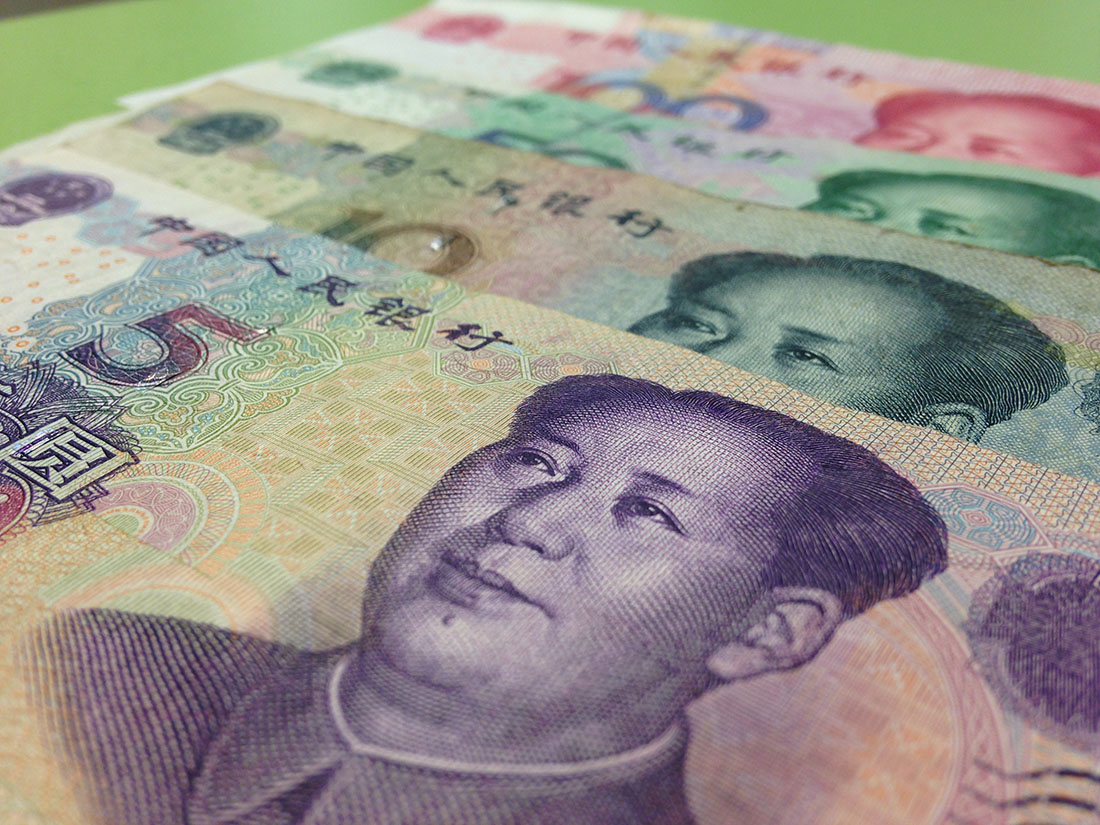WASHINGTON — Former New York City mayor Michael Bloomberg is pushing for a trading and clearing center in the United States for the renminbi, the Chinese currency, but experts say there are many hurdles before the American companies can trade and settle payments onshore.
The tense geopolitical relations between the two countries and the underdevelopment of the renminbi financial market may be the greatest challenges, experts say.
Bloomberg this week chaired a working group with Wall Street leaders to establish a framework to enable renminbi-denominated transactions to be cleared in the U.S. This came after the renminbi was accepted to the special drawing rights basket by the International Monetary Fund Monday.
The drawing rights basket grants the renminbi a global reserve currency status. It becomes the fifth currency, with the U.S dollar, euro, British sterling and Japanese yen.
“Having a renminbi clearing hub in the U.S. will be more a symbolic, rather than economically significant, victory for China,” said Mark Wu, a law professor focusing on international trade at Harvard University.
“Whether renminbi -denominated financial instruments will grow over time depends on the speed with which China undertakes more market-oriented reforms at home, not where clearing hubs for its currency are located globally,” Wu said.
China has pressed for renminbi internationalization. It added a new offshore renminbi clearing center in Toronto in November 2014 after establishing centers in major financial hubs such as London and Singapore. In October, China issued an offshore renminbi bond in London.
However, Hong Kong is the world’s largest offshore renminbi center, processing 70.4% of payments, according to a recent SWIFT report. Outside Hong Kong, London and Singapore drive 24.4% and 21.6% of RMB payments.
It seems that the U.S. is an untapped market.
“So far in the U.S. time zone, only Canada has attempted to provide a base for trading the yuan,” said Benjamin Cohen, an economics professor at University of California, Santa Barbara. “The U.S. can offer more extensive market connections.”
But many see the Sino-U.S. geopolitical relations as a barrier to establishing the clearing center.
“A clearance center must be approved by the Chinese government,” said Ann Lee, an economics professor specializing in China’s economic relations at New York University. “There are certain safeguards the Chinese government will demand to qualify the acceptance of this new clearance center because it will be a major institution that will benefit the country where it is established.”
Economists also agree that the demands for trading the yuan and related products from American companies are not significant so far.
“Most Chinese exports are still invoiced in U.S dollars, and in many cases if multinational corporations have renminbi obligations, they can satisfy these from the cash flows of their Chinese operations, which are very large,” said Arthur Kroeber, managing director of Dragonomics, an independent research and advisory firm in Beijing.
Derek Scissors, economist at the American Enterprise Institute, said “The limit on renminbi trading comes from China’s capital controls, which are unaffected by simply setting up a new trading center.”
Calling Bloomberg’s move “forward-looking,” Meg Lundsager, former U.S. executive director at the IMF, said the American companies will be interested in renminbi trading if “China continues the reform path,” including opening up its market, improving rule of law, and setting up a flexible currency exchange.
Lundsager said the drawing rights basket is only for government reserves and there is “next to no trading among governments.” But private companies will hold more reserves only when their customers are able to move their cash in and out of China freely.


